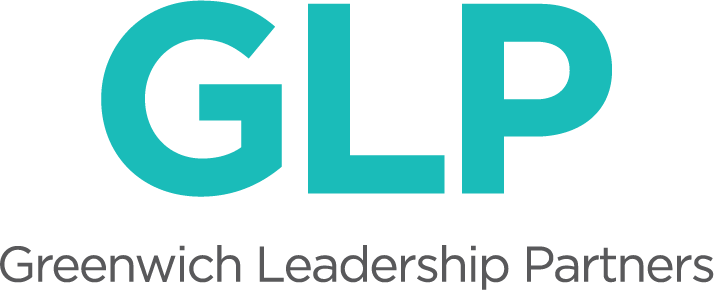Summer reading lists abound...and often the same books seem to circulate among us. We thought we would take a stab at suggesting three terrific titles we think matter for school leaders today--so stick them in your beach bag, at your bedside, or on your e-reader. And let us know what we’ve missed; we will share your suggestions!The Big Picture: A“Must Read” for Every Educational Leader or Policy Maker The Second Machine Age, Erik Brynjolfsson & Andrew McAfee
What happens when an MIT economist (Brynjolfsson) and an MIT research scientist (McAfee) team up to demonstrate how the stuff of science fiction is quickly becoming our reality? This engaging and highly accessible book provokes fundamental questions about the purpose of education in the 21st century as it explores the digitization of just about everything--and how the rise of artificial intelligence and thinking machines are radically reshaping how we will work and live.
Drawing on vast amounts of data, research and interviews, the authors also link exponential technological growth to the changing employment landscape and the vast disparities in wealth, income and earning power globally. Read this, share it and talk about it. And then ask what needs to change.
The Hardest Part of the Job: How to Hear Feedback (So You Can Deliver It Better) Thanks for the Feedback, Douglas Stone & Sheila Heen
We spend lots of time thinking about how to give feedback, but this book takes a different approach and tackles how we receive it. Why? No matter how well-delivered, feedback is only as good as the way in which it is heard and internalized--and critical feedback can be especially difficult to deliver in school communities where close relationships and congeniality reign supreme.
The authors, from the Harvard Negotiation Project, make a clear and compelling case for learning how to hear feedback well and offer concrete, practical strategies you can put to use immediately. Grounded in coaching methodology, the advice centers on how you frame feedback so you can receive it as a constructive offering, rather than a harsh critique or personal attack. What’s more, it helps you assess your own response to feedback (what is this triggering in me?), which allows you to ask the right questions so your reviewer can clarify his/her meaning before you react. With that context, the conversation opens up and you and your colleague or boss can explore specific suggestions for growth and action.
Wherever you are in your leadership, this book is the essential primer on the complex nature of feedback and the profound impact it can have on performance. This is another book for you to read, reflect on, and then share with your team.
The Diversity Discussion: Making the Case That It’s Still Important to Have The Difference, Scott E. Page
Diversity and inclusion continue to be important topics among governance, leadership and faculty, but the focus of these conversations can vary widely and often fall back on conventional wisdom (we need diversity because it’s the right thing to do) and sharply contested debates about political correctness. Governance often focuses on diversity to what end and school leadership and faculty typically argue for diversity as a moral imperative and as a means to developing noncognitive skills like empathy and cultural awareness in students.
Scott Page helps reframe the discussion in ways that make sense for schools and for leaders. In essence, he makes the business case for diversity. And it’s compelling. With claims grounded in economic modeling, he demonstrates that diversity can actually improve upon individual capability and produce better outcomes--and he examines the conditions that make this true. Page also distinguishes between cognitive diversity (how we learn and think) and identity diversity (race/gender/ethnicity) and reveals where diversity in groups changes outcomes for the better--and where it does not. Whether for management decision making, learning, solving complex problems, or the betterment of individuals, Page makes a solid intellectual argument for why diversity matters. And turns the old conversation on its head!
